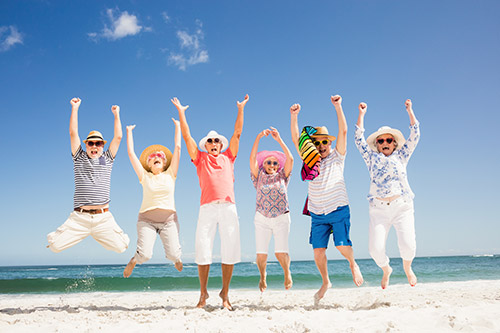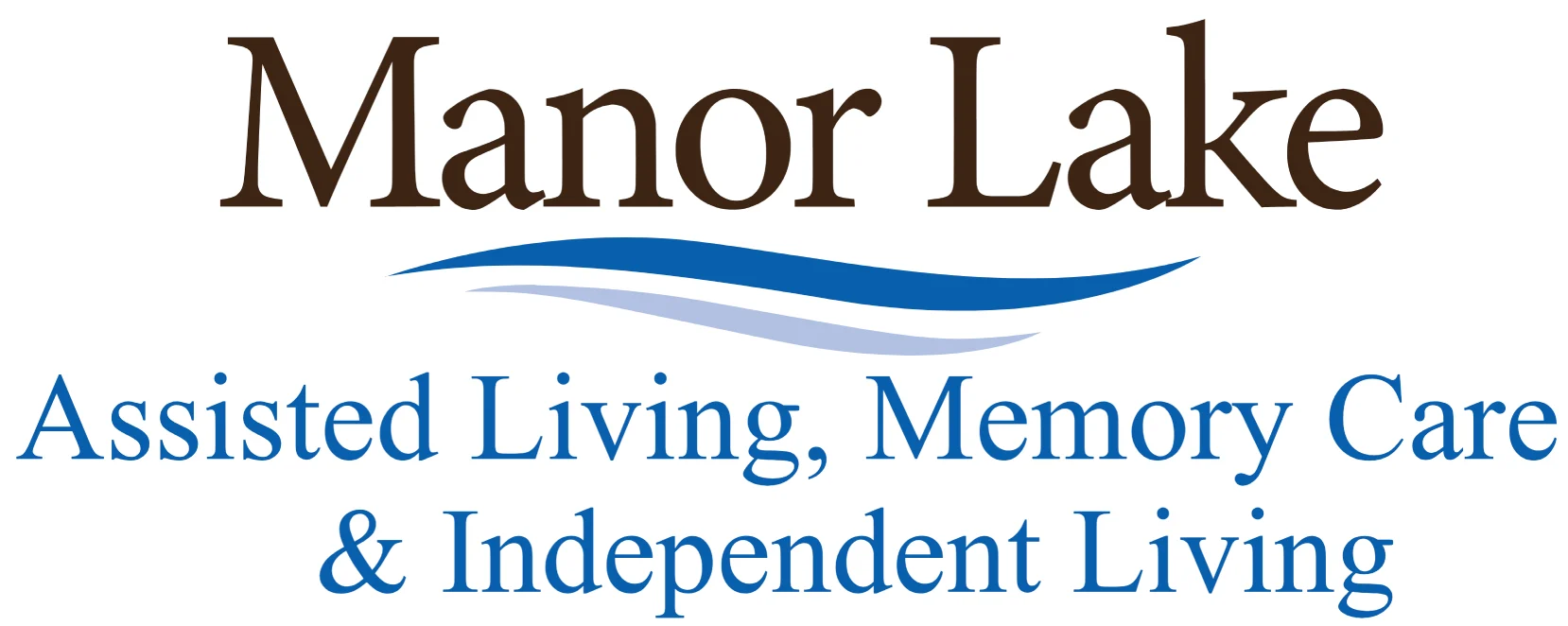
In our continuing effort to support those of you who lovingly support your senior loved ones, our team of Ellijay-area assisted living and Ellijay-area memory care professionals thought it would be wise to again share eight facts you should know about summer and senior care. We want all of you at-home care providers to fully understand that older adults are especially susceptible to heat-related injuries and heat stroke.
So, senior caregivers, please consider and take heed knowing that:
- Older adults may experience sunburn quicker because of changes in skin texture. Sunburn makes it more difficult to stay cool. Use sunblock (SPF 30 or greater) when outdoors for prolonged periods of time, even on cloudy days.
- Asphalt and concrete can reach up to 40 degrees hotter than the air temperature, and remains hotter than the air well into the night. Avoid prolonged exposure to the city's streets and sidewalks. Also, sometimes seniors don’t realize the threat that super-heated concrete has upon their beloved pets.
- It may be more difficult for older adults to sense elevations in temperature and for their bodies to cool down. Anticipate change by turning on air conditioning systems or other ventilators when entering a room and taking off extra layers of clothing when going outside. This is especially important for older adults with memory disorders.
- Medications for chronic conditions can contribute to heat-related injuries. Make sure you ask your physician if any of your medications might put you at increased summertime risk.
- Headaches, nausea and weakness are all signs of heat exhaustion. Everyone should stay hydrated by drinking water or sports drinks. Avoid alcohol and caffeine, which can dehydrate you.
- Heat stroke can be fatal. Heat waves kill more Americans than any other type of natural disaster. Older adults should always have a family member friend, neighbor or home health aide who can check up on them regularly.
- High blood pressure, diabetes, obesity memory disorders and psychiatric illness all increase the risk of heat stroke. Encourage your senior loved one to drink plenty of fluids even if they do not feel thirsty. If you have a heart condition, consult your physician regarding your fluid intake.
- Muscle cramps, dizziness, clammy skin and rapid heartbeat may be heat-related conditions. When temperatures begin to reach extreme highs, slow down, stay in the coolest place available and reduce or eliminate all strenuous activities.
If you have any questions or concerns regarding how to provide both loving and safe care for your senior loved one, contact Manor Lake Assisted Living and Memory Care here in Ellijay.
